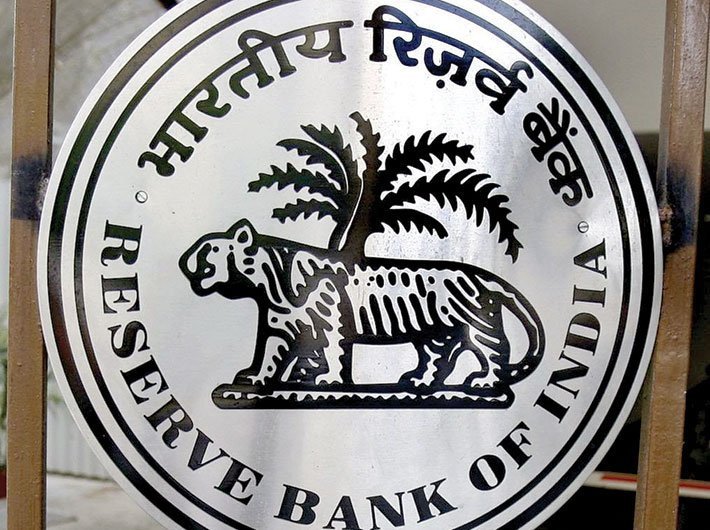Bolstering the funding sources for efficient but liquidity crunched small and medium-scale enterprises is also likely to be important in arresting the next wave of NPAs, said an RBI paper.
The paper “Non-Bank Funding Sources and Indian Corporates” by Apoorva Javadekar said that corporate bond, External Commercial Borrowings (ECBs) and Commercial Papers (CP) market have allowed at least a subset of firms to diversify their funding sources.
The ability to substitute the sources of financing is important to shield the economy from adverse real effects of a financial crisis. Small and medium-scale firms in India with sound financial health have indeed shifted to non-bank funding through bonds and CP market more aggressively in response to the banking stress.
“Results also indicate that larger firms have the ability to access the market in spite of having poor financial conditions. This leaves the subset of small firms with poor financials in a vulnerable situation. Current policy is focussed on debt recoveries from larger borrowers. The results indicate that bolstering the funding sources for efficient but liquidity crunched small and medium-scale enterprises is also likely to be important in arresting the next wave of NPAs,” said the
paper.
The paper said that the last decade has witnessed growing importance of non-bank funding sources for Indian corporate sector. Over the same time, Indian banking industry has been crippled by the ever-rising Non-Performing Assets (NPAs), which has reduced the effective supply of bank credit.
“It is found that small and medium-scale firms with good financial health are more likely to substitute bank credit with non-bank credit in response to the banking stress. The evidence also suggests that amongst the firms with poor financial condition, relatively smaller firms are effectively rationed out of the credit markets.”
Indian banking sector is facing the problem of growing NPAs. From 2014 to 2017, the average level of NPA to advances ratio across public-sector banks has almost doubled from 5 percent to 10 percent. Rising NPA levels have curtailed the supply of bank credit as banks are rebuilding capital or keeping aside larger share of loanable funds against future possible losses.
In parallel, Indian financial markets have witnessed a significant development of non-bank sources of credit such as corporate bonds, External Commercial Borrowings (ECBs) and Commercial Papers (CP).
In 2005, Indian non-financial firms raised roughly 80% of the new debt funding from banking institutions. But the relative importance of bank credit as a source of funding for non-financial firms has reduced dramatically over the last decade.
In 2016, non-bank debt through corporate bonds, CPs, and ECBs accounted for more than half of the new debt funding. The share of new non-bank credit to total new debt has risen steadily from around 20% in 2015 to around 53% in 2016. Indian corporates utilised ECBs heavily until 2012. Depreciation of Indian currency against USD in 2013 prompted the Indian corporates to substitute ECBs with domestic corporate bonds. CP issuances now constitute a significant segment and represent roughly 25 percent of non-bank credit. “This implies that in the context of growing financing needs in the economy, the importance of non-bank credit is also rising,” the paper said.
